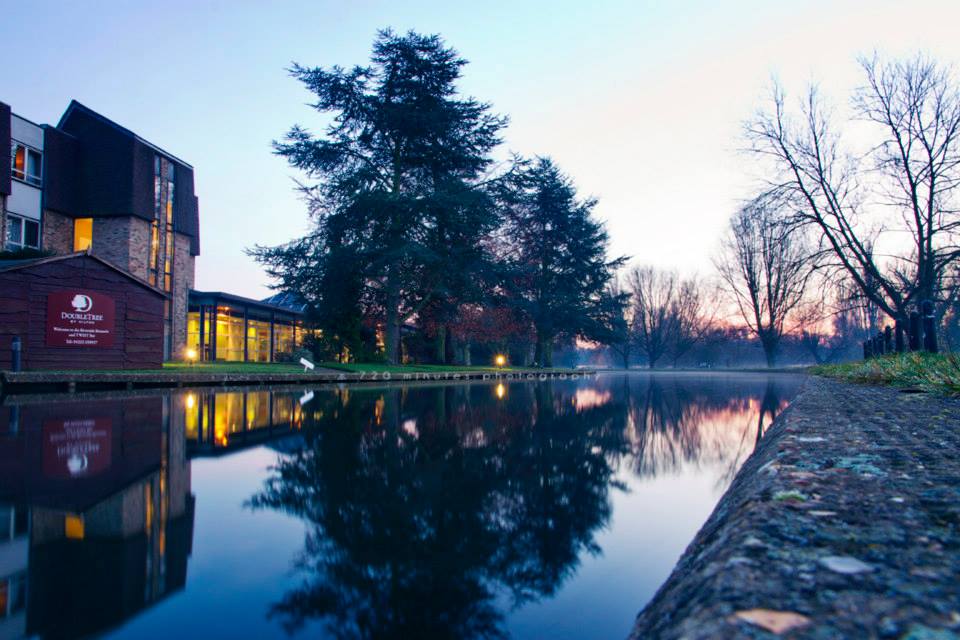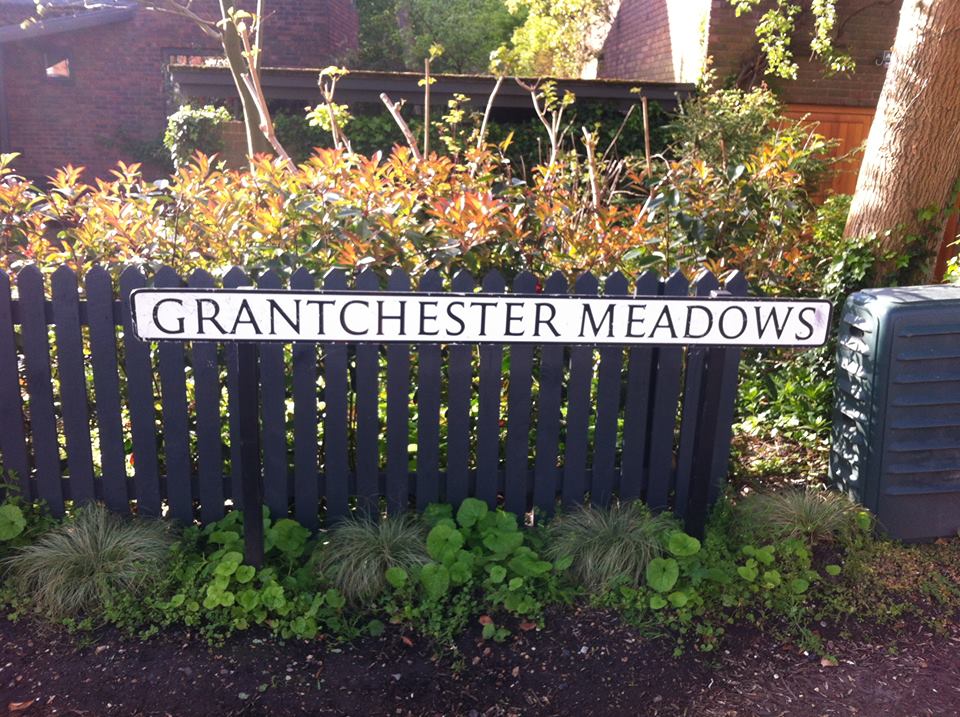“So there are a lot of things that I don’t think are particularly interesting about me, but that other people would probably find fascinating.”
Go on.
“Well I had an eating disorder when I was younger, which my family kind of denied existed. And not having my experiences validated really didn’t help.
Then I had a car accident a couple of years ago, and got quite severe PTSD. And the state I
was in anyway probably didn’t help much.
Freshers isn’t great for anyone, but it was awful for me. Someone only had to drop a glass and I was right back there.”
You don’t think that is interesting?
“No. Some people glamorise that type of thing. But it is just something I have to live with. Just something I deal with on a daily basis.”
But it is getting better, you said?
“Yes. But I’m still worried it will impact on my life. I want to be a journalist and the PTSD will make that hard, I think.”
Tell me more about that.
“I want to find stories. I want to meet people and tell the stories that are being missed.
At the moment, I’m interested in getting the stories of the women activists in Cairo.
I met a Palestinian activist when I was about twelve or thirteen and it completely changed my world.
I met up with her again in Cairo over the summer. She took me to this narrow alley just of Tahrir Square and she showed me this bit of graffiti she had done of a woman in a hijab and high heels, holding pepper sprays and spraying all these men away.
And she just patted me on the back, and said in Arabic: ‘You’ll be alright.’
And then we turned around and there was just this guy masturbating a few metres away against the wall.
And we just looked at each other and laughed so much.
It was so ironic.
There was just this beautiful piece of art, of protest, an then that.
People tell me it is hard being a female journalist in the middle east, but I also think you
get to see things that the middle aged white men don’t.
You get to chat to the women in a way a man never could.
You get to see them with their burkas off, see the clothes underneath, see them gossiping.
When I was in Kashmir, they would tell me about how they felt about the occupation, the protests, what they wanted for their kids.
Nobody is telling those stories.
And I want to tell them.
And I can’t let my PTSD get in the way. But it worries me because it could always happen again.
It’s funny. I told this Palestinian activist about my PTSD. We were both really high – nobody drinks in Cairo – and I was just really emotional.
I told her I was worried about it getting in the way of my being a journalist.
And she just looks at me and says:
‘We all have PTSD here.
And we are all living.
We just carry on.’
And she was right.
At least now I know my flaws – no, not flaws; it isn’t my fault – weaknesses.
And that makes me so much stronger.”
She looks at me.
“So much stronger.”








